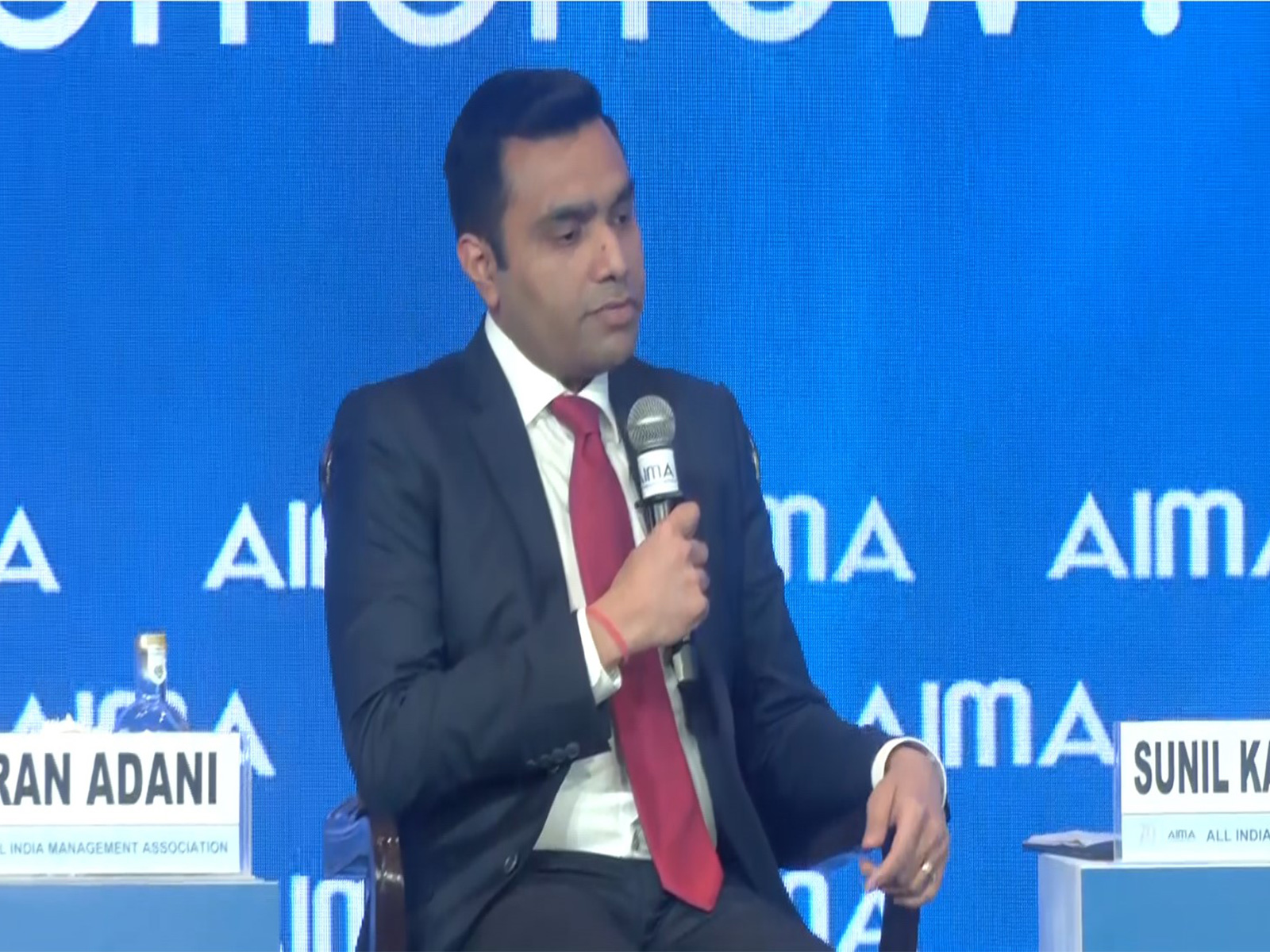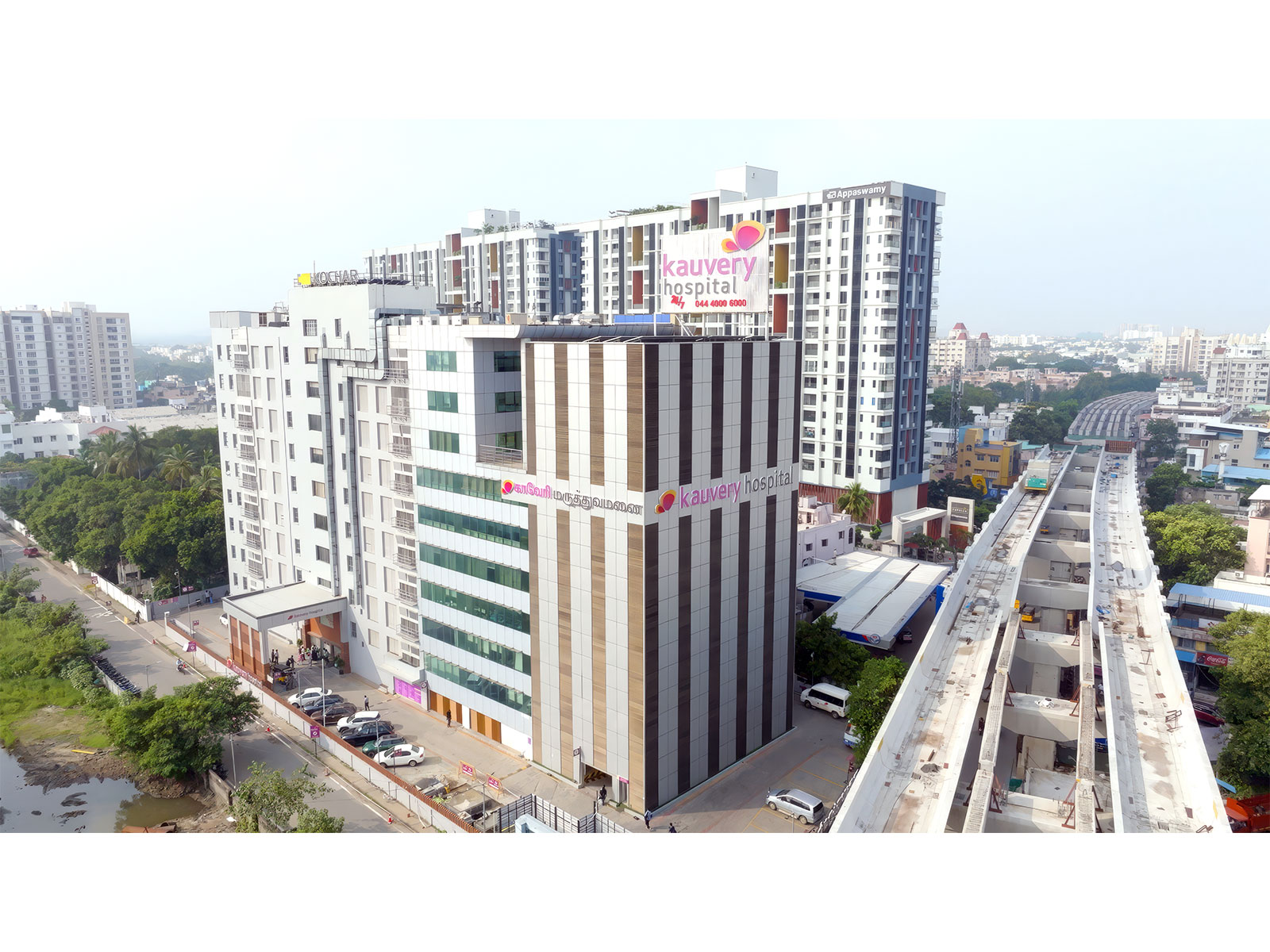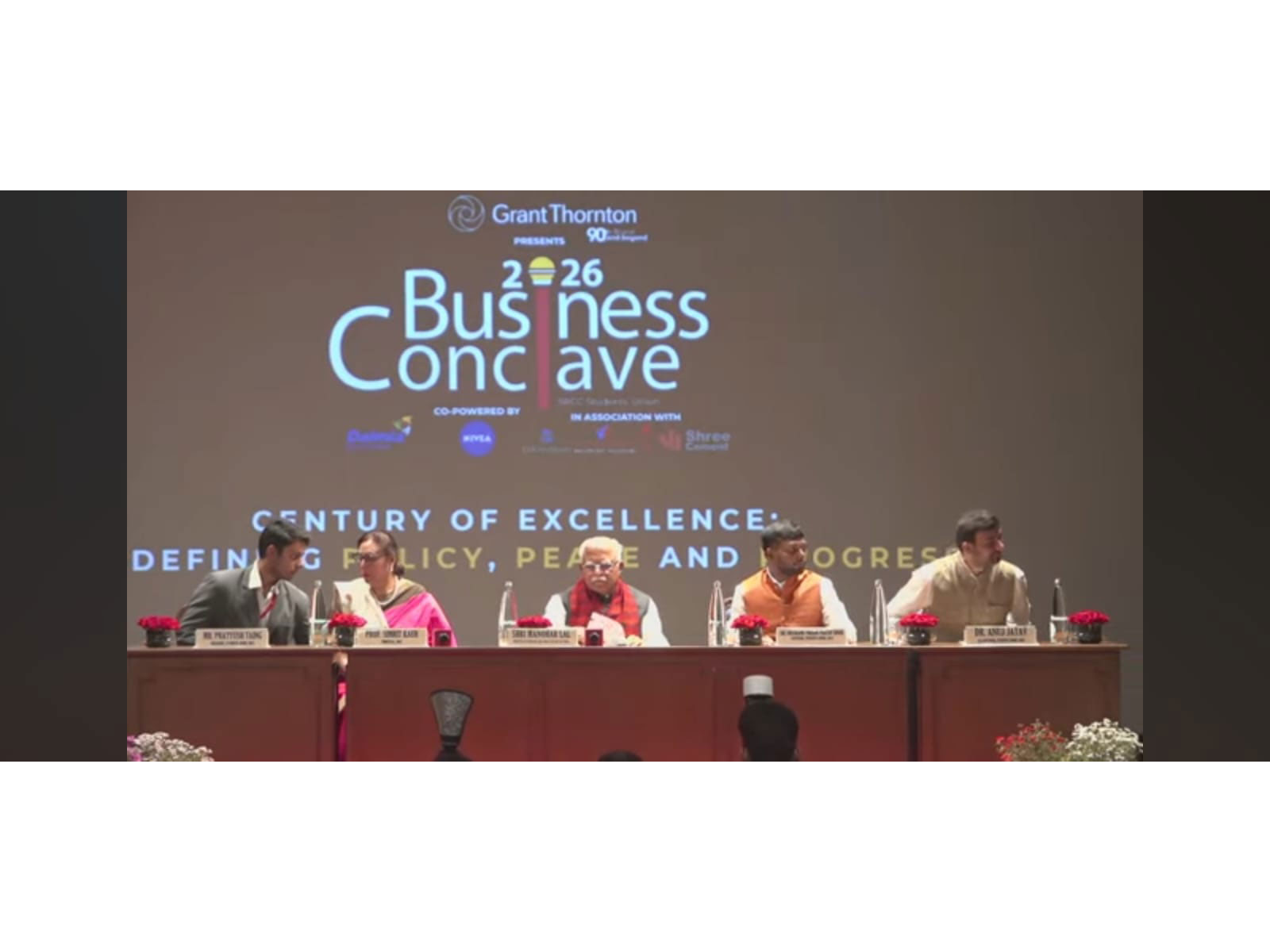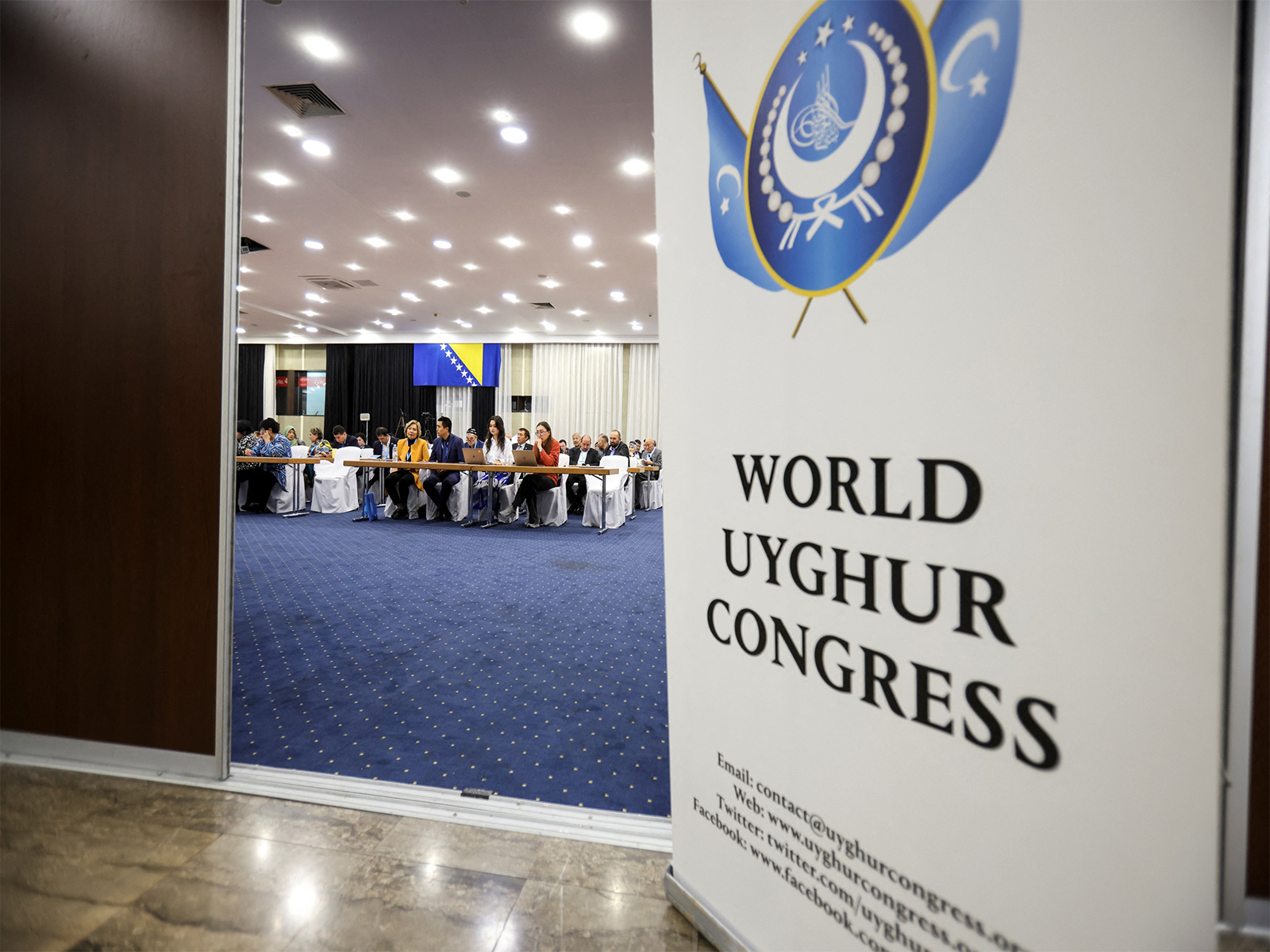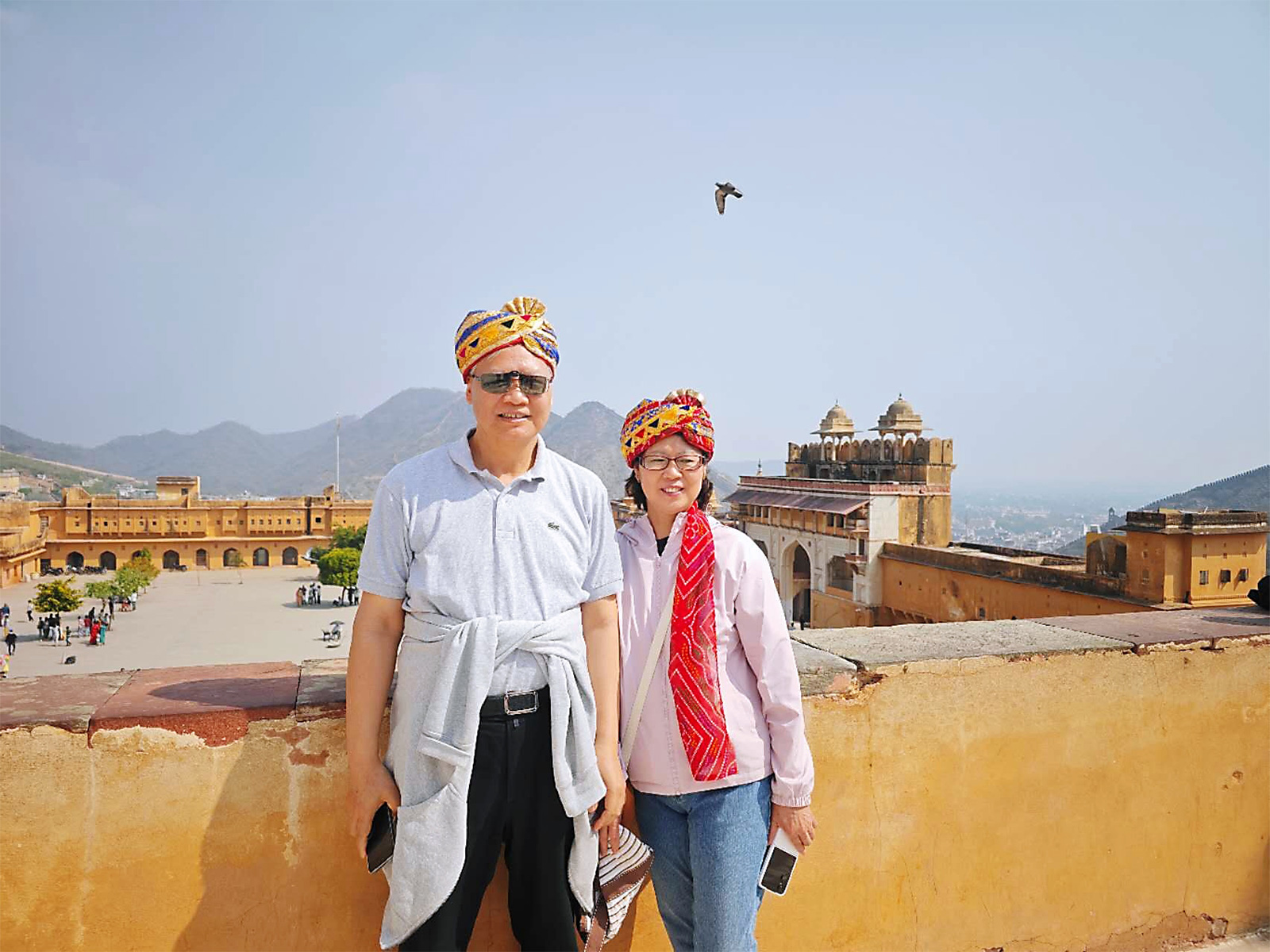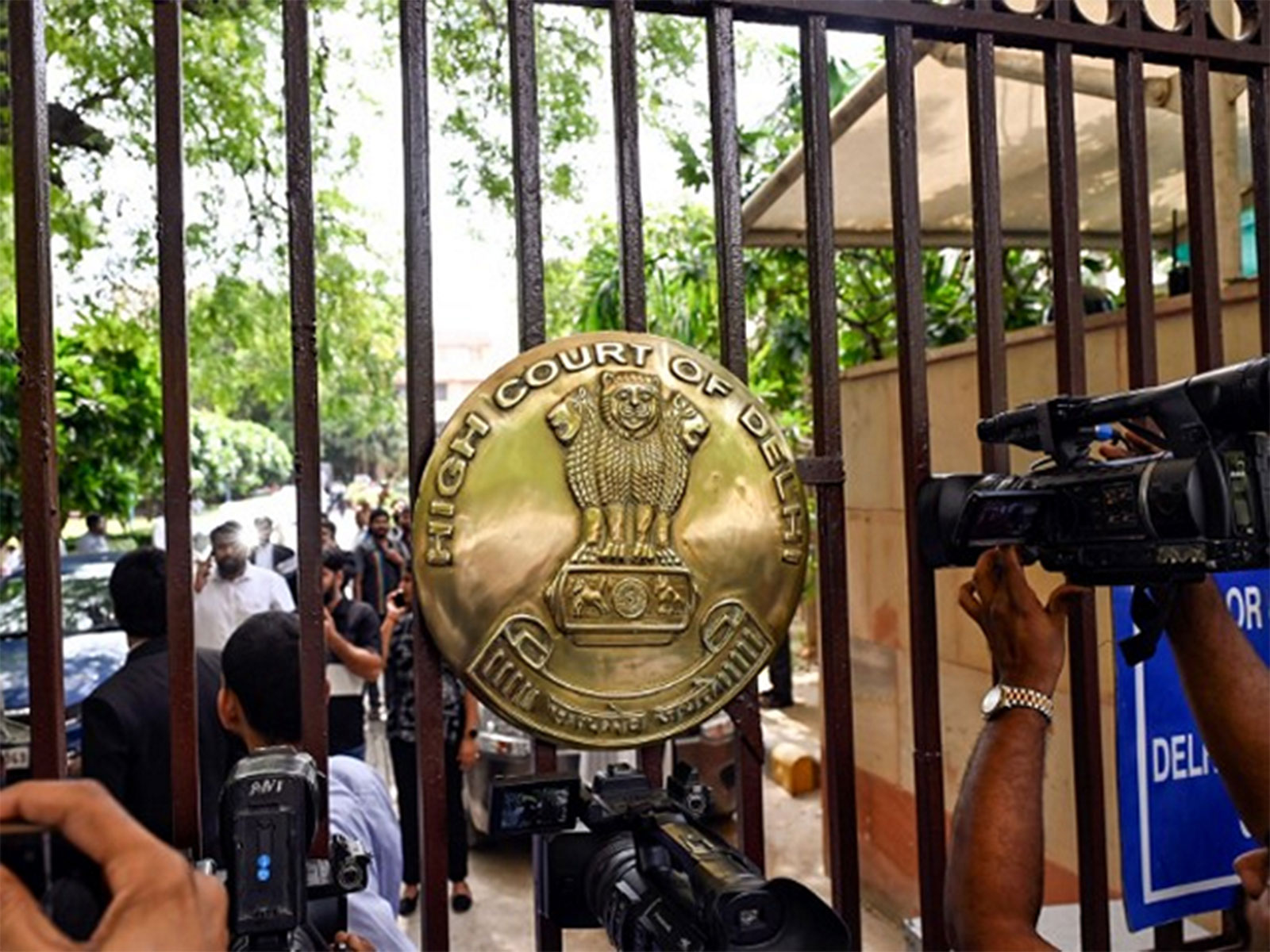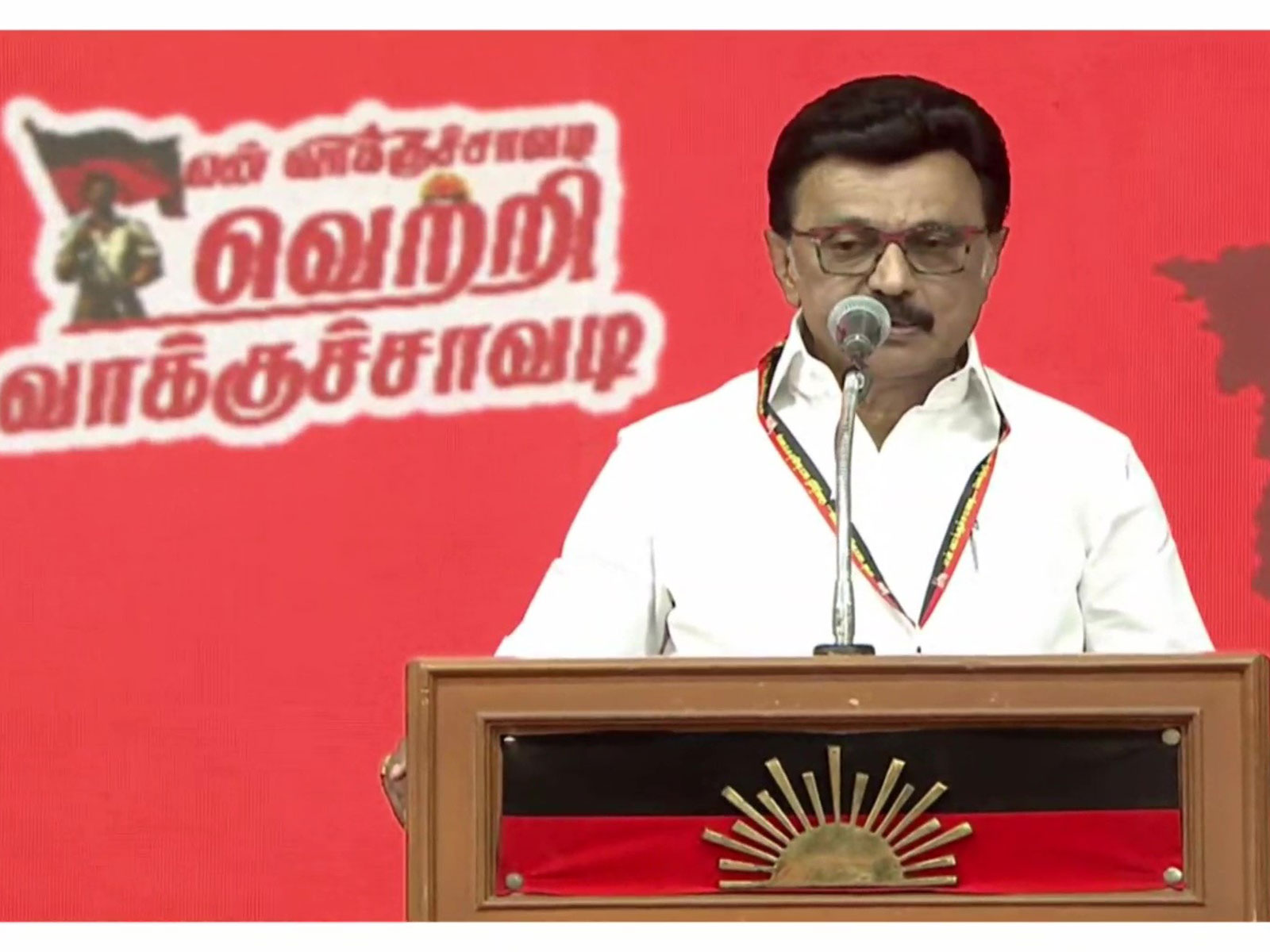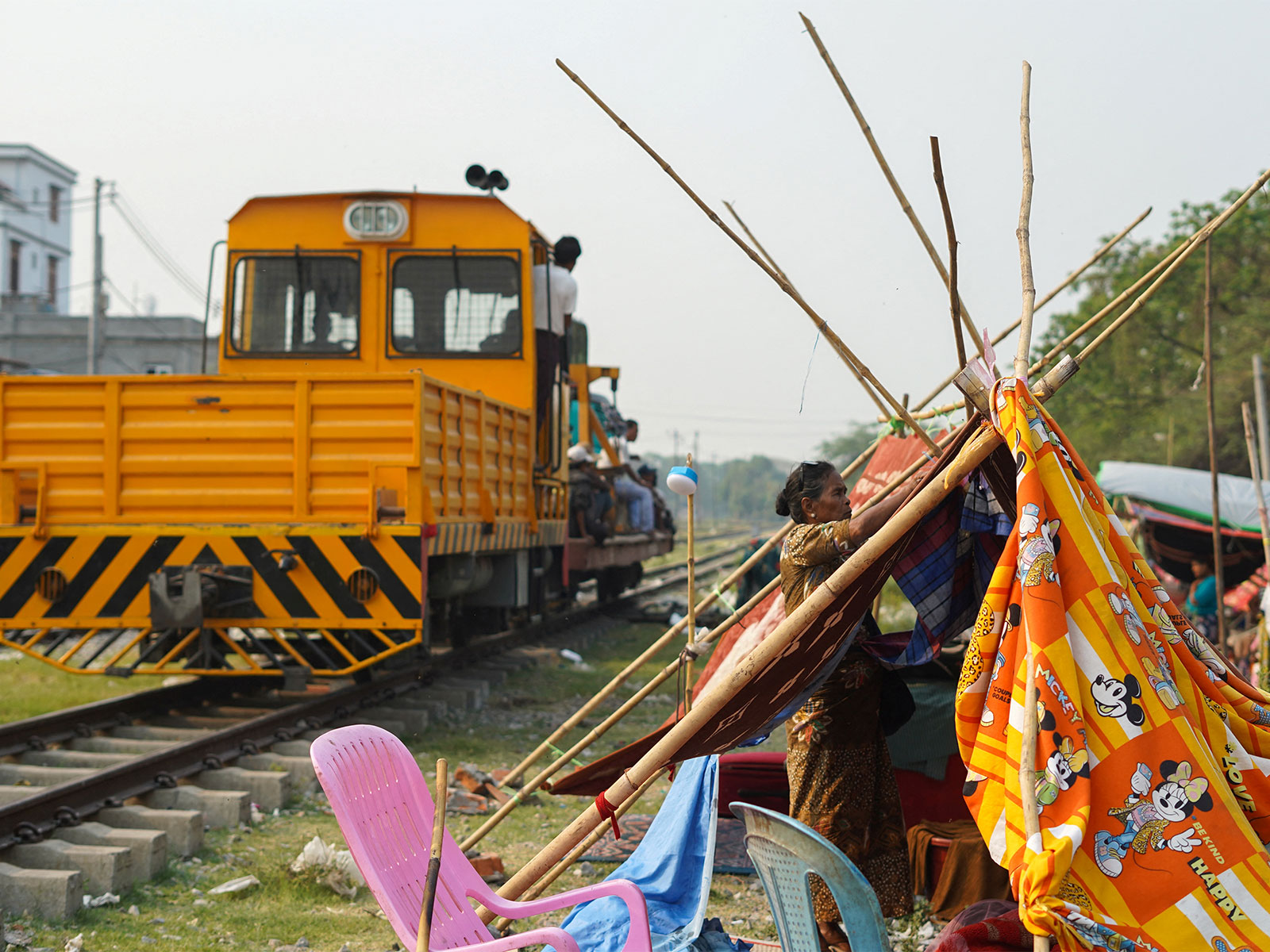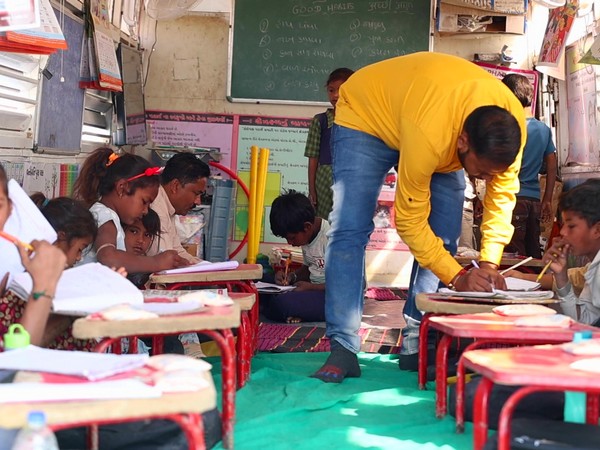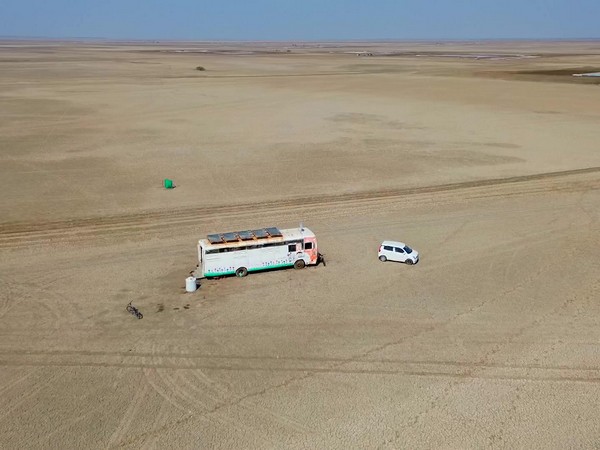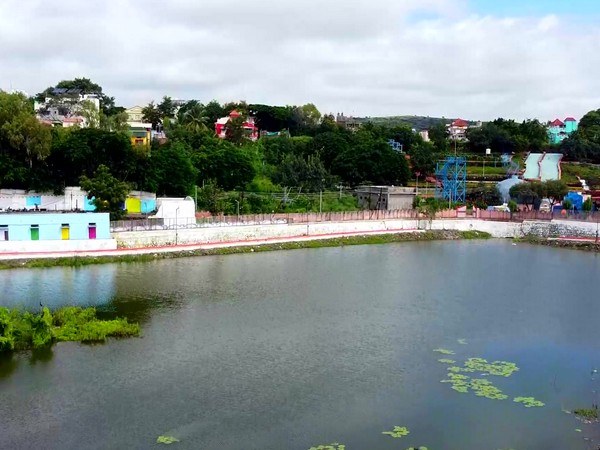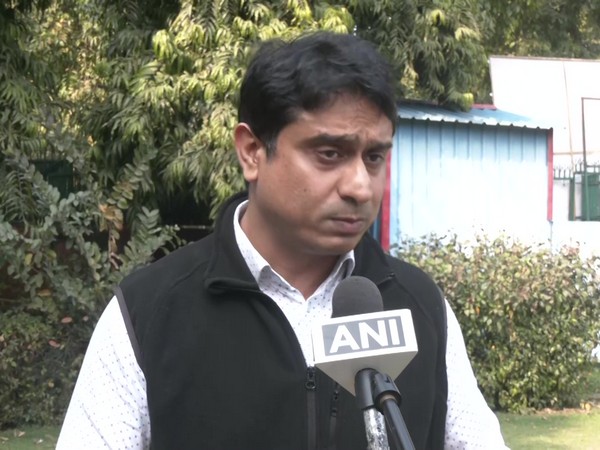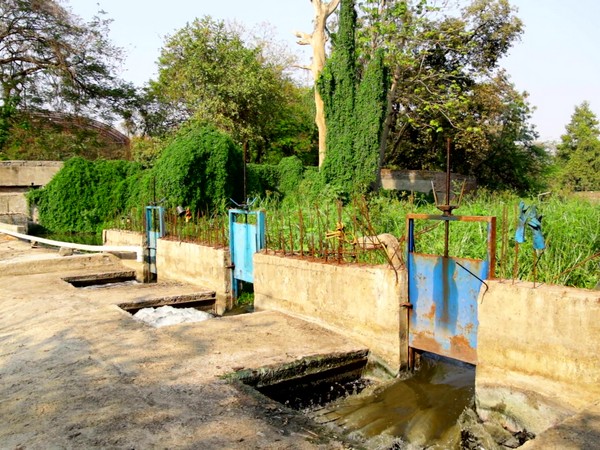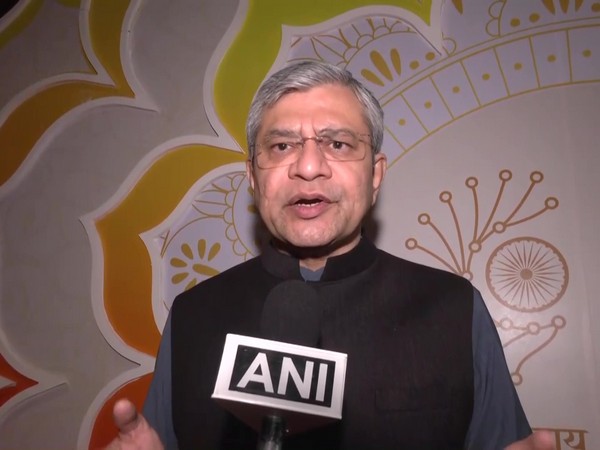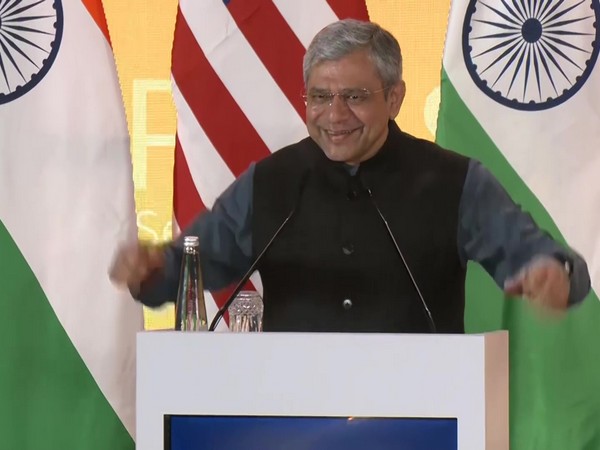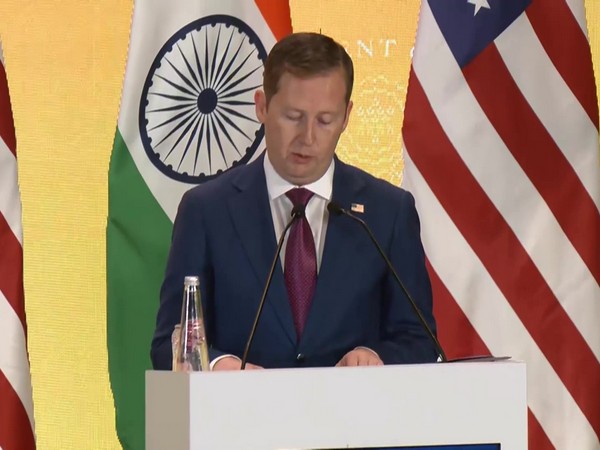India's Startup and MSME Funding 2025: The Rise of Responsible Capital
Nov 28, 2025
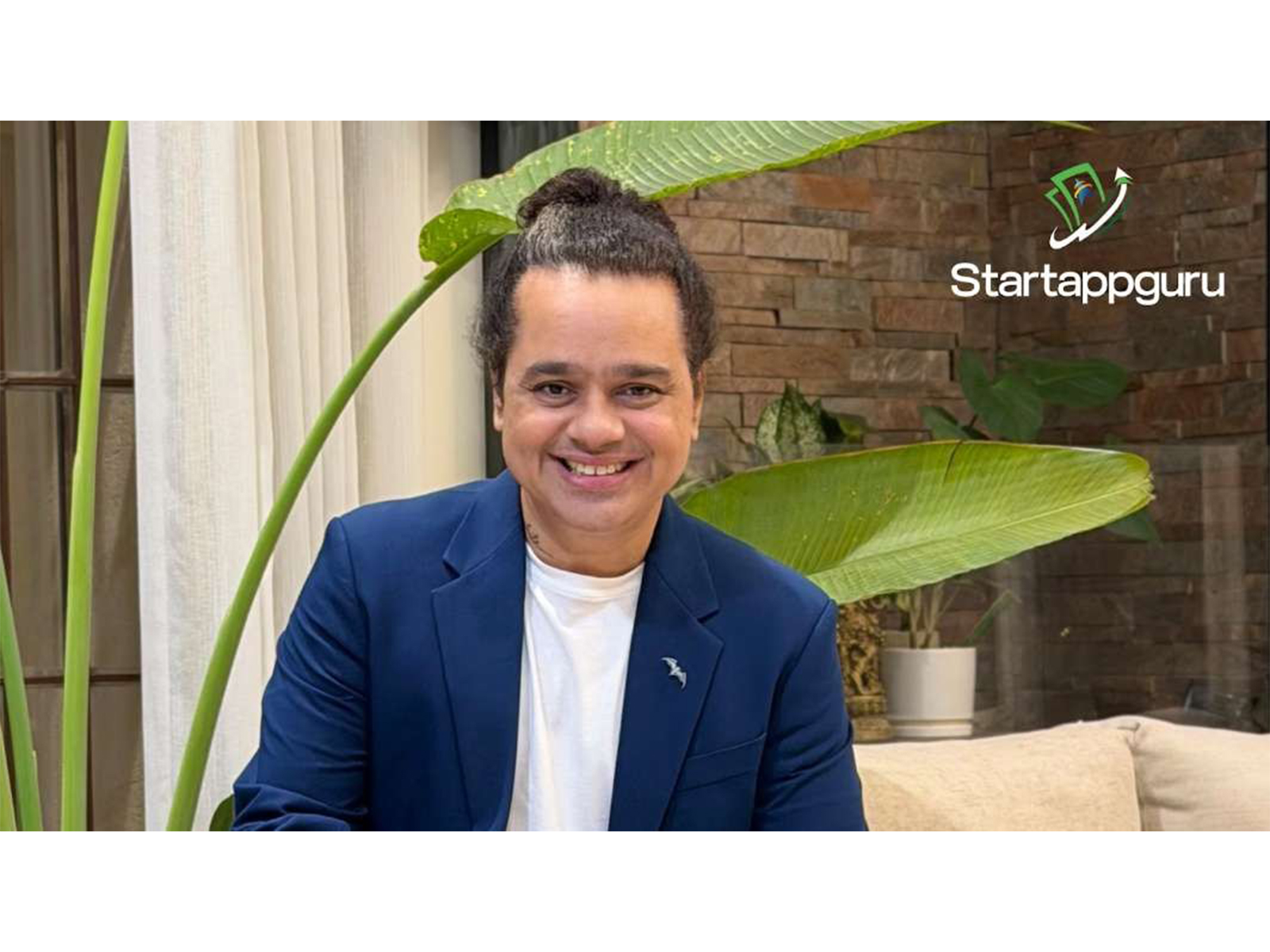
VMPL
Mumbai (Maharashtra) [India], November 28: After nearly a decade of breakneck growth, India's startup and MSME ecosystem is witnessing a quiet revolution -- one defined not by the size of investments but by the substance behind them. The exuberant funding cycles of the past, when billion-dollar valuations were the norm and profitability was often an afterthought, have now given way to a more grounded, sustainability-focused funding climate.
As per the EY Private Equity and Venture Capital Report (July 2025), India attracted US $26.4 billion across 593 PE/VC deals in the first half of this year. The numbers mark a visible cooling in the frenzy but also a maturation of market discipline.
"Though this feels like a slowdown, we can safely interpret this as a correction towards credibility," observes Dr. Ashutosh Khatawkar, an economist and entrepreneur who has spent more than two decades studying India's business and real estate sectors. "Investors are asking sharper questions. Startups are being forced to answer them with clarity. This is how healthy ecosystems evolve.
The shift is visible across sectors. Early-stage ventures still drew US $6.8 billion, reflecting confidence in India's entrepreneurial appetite. But the tech sector -- traditionally the loudest voice in the room -- saw a measured dip of around 25%, signaling that easy money has been replaced by evaluative money. Experts say the days of 'growth at any cost' are over. Founders now find themselves balancing vision with viability, focusing on revenue models, governance, and long-term resilience rather than just scale.
India's startup landscape is learning the discipline of patience," Dr. Khatawkar says. "It's about creating lasting value, not chasing superficial trends
While the word "startup" dominates policy and press alike, India's Micro, Small, and Medium Enterprises (MSMEs) remain the country's real economic spine. They contribute nearly 30% to the GDP, employ over 110 million people, and drive economic participation far beyond the metros. But access to formal finance remains a stubborn barrier. Despite government initiatives and fintech interventions, a large number of MSMEs -- particularly in Tier-II and Tier-III towns -- struggle to secure working capital and growth support. This funding gap has opened space for new-age digital bridges that connect capital with credible entrepreneurs.
One such initiative, quietly gaining traction, is StartApp Guru, founded by Dr. Ashutosh Khatawkar -- an economist by training and an entrepreneur by conviction. The platform connects startups and MSMEs with verified investors, offering a structured ecosystem where founders can upload their business plans, share pitch decks, and seek both funding and mentorship. The network includes more than 200 investors, ranging from angel syndicates to institutional players.
But what truly sets the platform apart is its philosophy. StartApp Guru doesn't just chase funding -- it prioritises financial discipline, structured business planning, and meaningful mentorship. "India is rich in dreamers," Dr. Khatawkar says. "What it lacks are mentors who can turn those dreams into durable enterprises."
StartApp Guru was built to close that gap. It gives business owners, MSMEs, and startups direct access to seasoned mentors who understand the real, everyday nuances of running a business. From strategic decision-making to fund optimisation, these mentors help founders strengthen their foundations while guiding them toward the right funding, at the right time.
The initiative has drawn early adopters from states like Maharashtra, Gujarat, and Rajasthan -- many of whom run family-owned or first-generation enterprises trying to modernize and scale.
Dr. Khatawkar's journey offers a microcosm of India's evolving entrepreneurial ethos. A Ph.D. in Economics, he spent over two decades in the country's high-end real estate corridors -- with stints at Lodha, JLL, RNA, and Bombay Realty (Wadia Group) -- before launching his own ventures, Augustus Realty and StartApp Guru. His academic grounding in behavioral economics and neuro-marketing allows him to blend analytical rigour with human insight -- a rare combination in an ecosystem often dominated by short-term metrics.
Numbers matter, but so do narratives," he reflects. To him, a strong business is not only financial but also psychological. "When founders understand people -- their behaviour, motivations, and mindset they naturally understand business
Over the years, his work has been recognized by multiple industry platforms, including being listed among Forbes and LuxeBook's 100 Most Powerful in Luxury Real Estate -- though, as he modestly puts it, "real power lies in creating employment, not headlines."
Industry insiders describe 2025 as a realignment year rather than a retreat. The correction in funding flows has, if anything, brought discipline and self-awareness into India's entrepreneurial DNA. Venture capital firms are engaging with founders earlier -- not just with capital but with counsel. MSMEs, meanwhile, are leveraging digital tools and community-led models to scale sustainably.
"There was a time when the measure of success was how fast you raised money," says a Mumbai-based VC who tracks early-stage deals. "Now it's about how sensibly you deploy it."
The broader narrative emerging from India's startup and MSME corridors is that of maturity without monotony. The enthusiasm that once fueled overvaluation is now fueling introspection. The rush for quick exits is giving way to a race for enduring relevance.
For Dr. Khatawkar, the coming years belong to founders who can merge idealism with intelligence. He believes that platforms like StartApp Guru are part of a larger movement -- one where entrepreneurship becomes a national discipline, not just a digital trend.
The future of Indian business won't belong to those who make the most noise," he says, "but to those who think with clarity, intention, and strategy."
As 2025 draws toward its close, India's startup and MSME story stands at an inflection point. What began as a decade of speed is now maturing into an era of sustainability. The capital continues to flow -- cautiously, wisely, and, perhaps for the first time, responsibly. And in that transition lies the promise of a new India -- one where ambition meets accountability, and where ideas don't just rise fast, but rise right.
(ADVERTORIAL DISCLAIMER: The above press release has been provided by VMPL. ANI will not be responsible in any way for the content of the same.)
